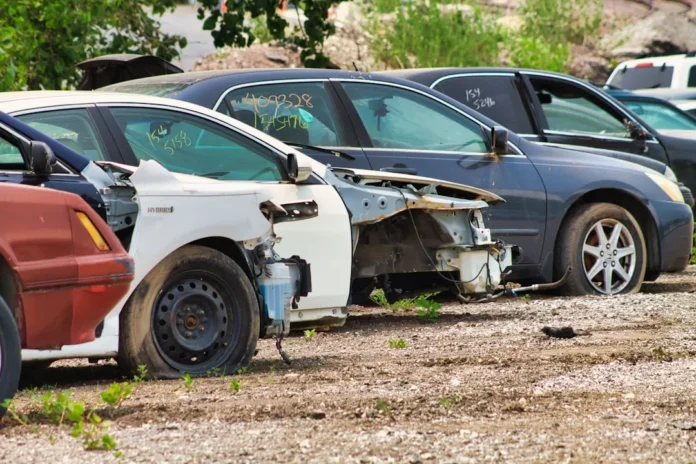Forming journalists is a crucial aspect of the media industry. It is not just about teaching them how to write a good article or conduct an interview, but also about instilling in them the values of integrity, accuracy, and responsibility. In today’s world, where fake news and biased reporting are rampant, the need for well-trained and ethical journalists is more important than ever. This is where workshops like the investigative journalism workshop “Ndrangheta stereotypes and reality” come into play.
Organized by renowned journalist Claudio La Camera, this workshop aims to train aspiring journalists in the art of investigative reporting, specifically focusing on the ‘Ndrangheta, a notorious mafia organization in Italy. The workshop not only teaches the technical skills of investigative journalism but also delves into the ethical and moral aspects of this field.
One of the main objectives of this workshop is to break the stereotypes surrounding the ‘Ndrangheta and shed light on the reality of this criminal organization. Often, the media portrays the ‘Ndrangheta as a group of ruthless and violent criminals, but the truth is far more complex. Through this workshop, Claudio La Camera aims to provide a more nuanced and accurate understanding of the ‘Ndrangheta.
The workshop is designed to be interactive and hands-on, with participants actively involved in the investigative process. They are taught how to gather information, verify sources, and conduct interviews. The participants also learn how to analyze and interpret data, a crucial skill in investigative journalism. This practical approach not only helps in honing their skills but also boosts their confidence in tackling complex and sensitive topics.
One of the highlights of the workshop is the opportunity to work on a real-life case. The participants are given access to a high-profile case of an ‘Ndrangheta member, Claudio La Camera himself, who is currently under investigation for his alleged involvement in a kidnapping case. The participants are tasked with investigating the case and reporting on it, under the guidance of Claudio La Camera. This hands-on experience is invaluable for aspiring journalists, as it gives them a taste of the real world of investigative reporting.
Moreover, the workshop also focuses on the ethical and moral dilemmas that journalists often face while reporting on sensitive issues. The participants are taught how to navigate these challenges and maintain their integrity and objectivity. This is a crucial aspect of journalism, as the media has a significant impact on shaping public opinion. It is the responsibility of journalists to report the truth and not perpetuate stereotypes or biases.
The workshop also includes sessions with experts in the field of law and criminology, who provide insights into the legal aspects of investigative reporting. This is particularly helpful for the participants, as they learn about the legal boundaries and limitations of their work. It also helps them understand the importance of following ethical guidelines and avoiding legal repercussions.
The success of this workshop can be seen in the positive experiences of its participants. Many of them have gone on to become successful investigative journalists, with some even winning prestigious awards for their work. The workshop has not only equipped them with the necessary skills but has also instilled in them the values of responsible and ethical journalism.
In conclusion, the investigative journalism workshop “Ndrangheta stereotypes and reality” is a valuable platform for forming journalists who are not only skilled but also ethical and responsible. Under the guidance of Claudio La Camera, participants learn the art of investigative reporting while also breaking stereotypes and shedding light on the reality of the ‘Ndrangheta. This workshop is a step towards creating a more informed and responsible media, and its impact will be felt for years to come.

